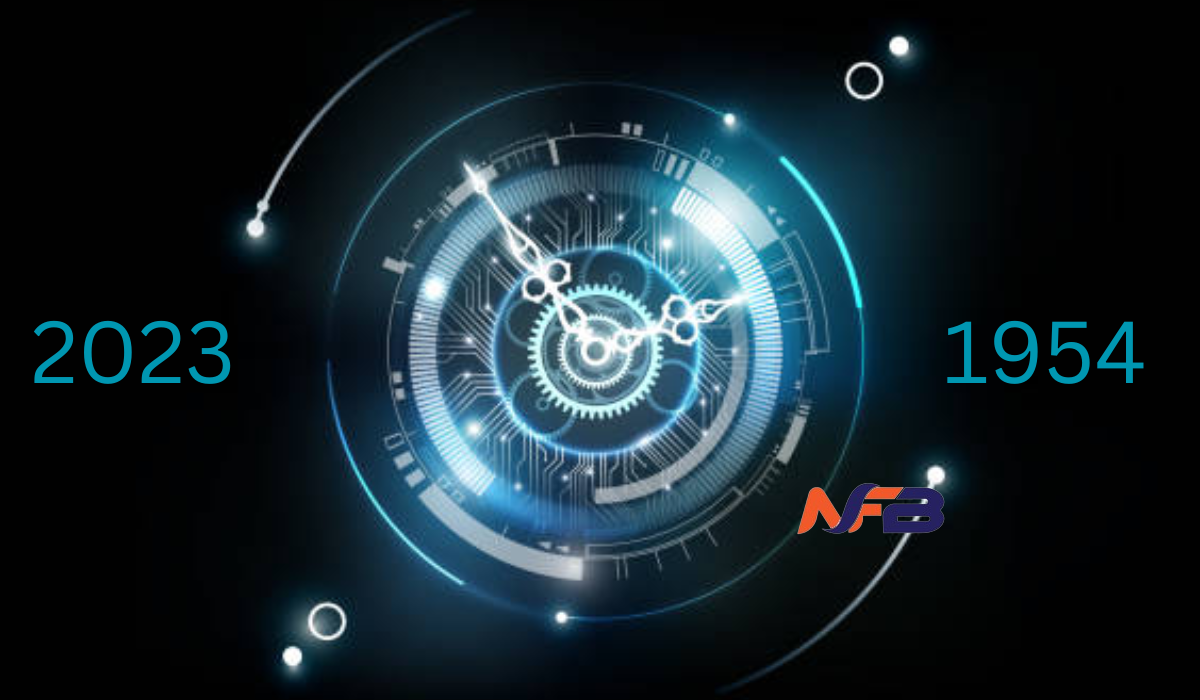Reflecting on the Events from 1954 to 2023
Introduction
As we edge closer to 2024, the past 69 years are a tapestry of utmost transformative events beveling our world. From the technological breakthroughs to social revolutions, the phase between 1954 and 2023 saw a sea change.
The 1950s: Rebuilding and Reaching for the Stars
The world was attending to the reconstruction following the aftermath of World War II. In 1954, the Geneva Conference divided Vietnam, and there began the breach that would light the conflict in years to come. In 1957, the Soviet Union launched Sputnik 1, starting the era of space and sparking a fierce space race with the United States.
The 1960s: Social Movements and New Freedoms
The 1960s was a time of heavy social revolution. This was marked by the Civil Rights Movement in the United States, led by Martin Luther King Jr.’s iconic “I Have a Dream” speech in 1963, going on to pass the Civil Rights Act of 1964 and the Voting Rights Act of 1965. Other developments included decolonization-way up to the independence of many African and Asian countries in a much more variable manner across the globe, and the counterculture movement.
The 1970s: Economic Struggles and Technological Progress
The decade witnessed economic difficulties, the most famous of which was the 1973 oil crisis. Still, it was a time of significant technological advancement. The creation of microprocessors revolutionized how computers were built. It was 1977 when society first got to see the first popular personal computer, which was the Apple II.
The 1980s: Globalization and the Cold War’s End
The 1980s were characterized by the rise of globalization and the gradual dissipation of the Cold War into history. In 1989, the fall of the Berlin Wall was quite symbolic of a collapse in Soviet influence. Technological strides, indeed, didn’t stop, with the launching of the IBM PC in 1981 and the tape digger internet gradually taking shape.
The 1990s: The Internet Revolution
In the 1990s, communication and commerce were revolutionized with the introduction of the Internet. The World Wide Web was opened up to the public in 1991, and companies like Amazon and Google were born, consequently affecting changes in the world economy. Politically, it was a very happening decade: apartheid ended in South Africa.
The 2000s: Terrorism and Digital Transformation
The early 2000s were characterized by the impact of September 11, 2001, and the subsequent War on Terror. This period also saw social media take a new shape with the birth of smartphones; when the iPhone was launched in 2007, it made communication and access to information entirely different.
The 2010s: Social Media and Climate Awareness
The 2010s were the years when social media sites like Facebook, Twitter, and Instagram took over the whole world. It’s also the decade the awareness of climate change worldwide increased, with the 2015 Paris Agreement and climate strikes around the globe by activists like Greta Thunberg. Social movements of gender and racial inequality like #MeToo and Black Lives Matter saw a push toward change.
The 2020s: Pandemic and New Frontiers
Early in the 2020s, the world experienced the COVID-19 pandemic, which has been critical for the health system, economies, and daily life in general. Afterward, there have been continued improvements in technology regarding artificial intelligence, renewable energy, and space exploration, with companies like SpaceX reaching remarkable achievements in space travel.
Reflecting on 1954 to 2023, it becomes manifest that each decade posed unique challenges and created unique opportunities. History is seen from these years of rapid technological development, social movement, and political change; showing and giving insight into our past and the future is what it means.




Post Comment